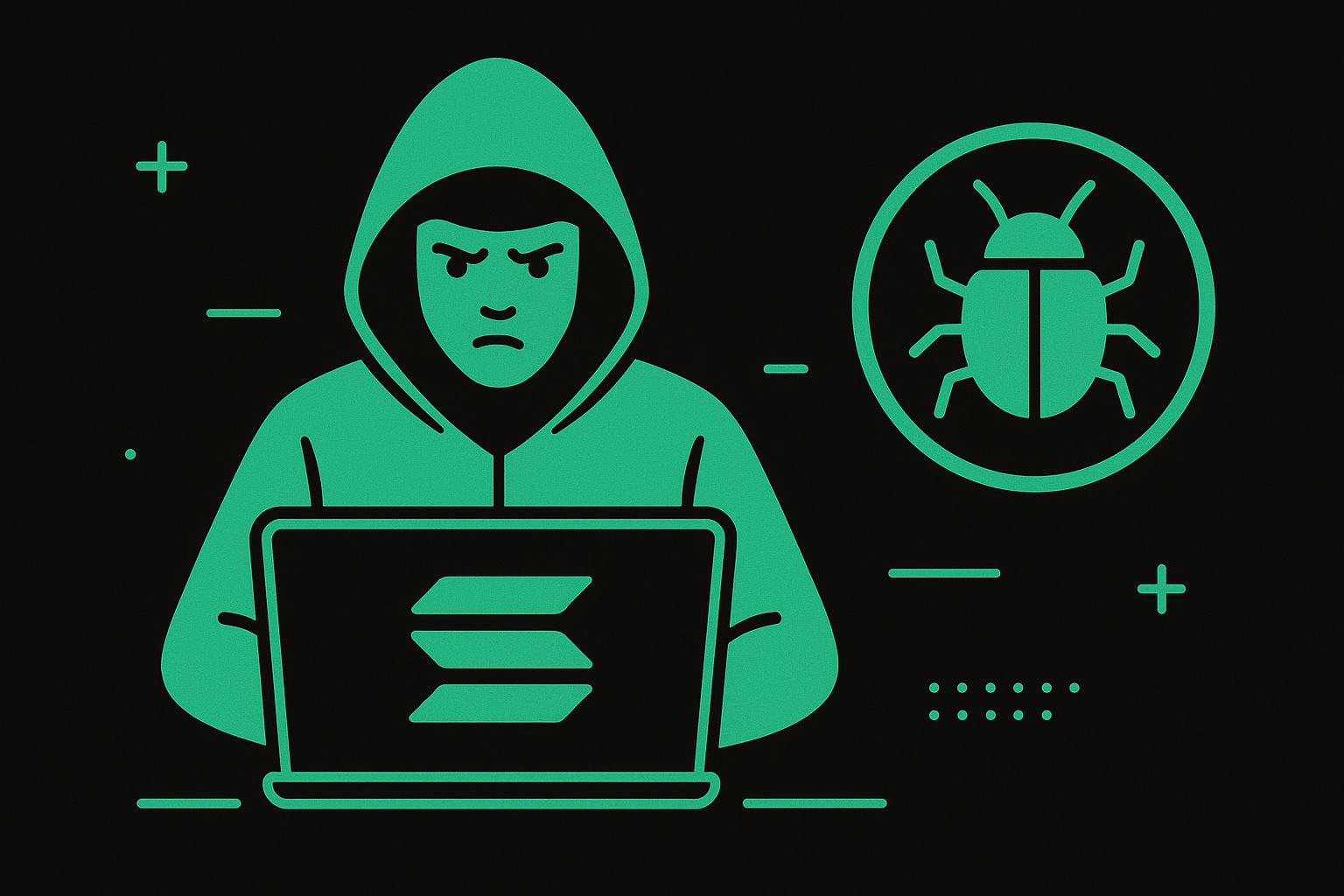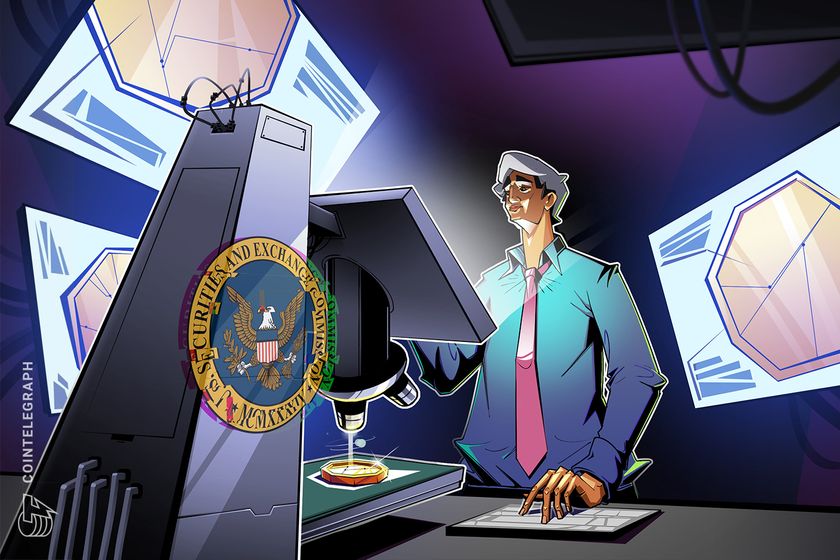ARTICLE AD BOX

- Solana’s silent patch of a critical bug sparked heavy criticism, raising tough questions on decentralization and secretive control.
- Though the flaw was swiftly fixed with no reported exploits, the behind-the-scenes upgrade rattled trust in open blockchain governance.
Solana has recently undergone serious backlash after discovering and quietly fixing a critical flaw that could have allowed attackers to mint unlimited tokens or take money from the user’s account without the user’s knowledge. The bug in the Token-2022 standard enabled the debate of trust and decentralization.
The trouble was the result of a fault in Solana’s ZK ElGamal Proof program, which is used to prove that encrypted balances are correct. Fundamentally, the problem had the potential to deceive the system into recognizing illegal transactions as legitimate, e.g. the printing of infinite tokens or taking out from accounts without the owner’s permission.
“This vulnerability only affects Token-22 confidential tokens and allows an attacker to perform unauthorized actions such as minting unlimited tokens or withdrawing tokens from any account,” said Solana.
However, the company maintained that not a single incident of exploitation had taken place until the patch was put in.
Security Fixed, But Questions Raised
The vulnerability was handled as fast as possible and with the assistance of security research teams such as Asymmetric Research, Neodyme, and OtterSec. Solana made an update, re-examined the code in-depth. After that, the team confirmed that the bug was removed completely successfully. These proactive measures have prevented potentially disastrous exploits.
However, despite the technical success of the fix, Solana’s method of silently releasing the patch was concerning for many. Investors and developers were wondering if a blockchain that advocates for the decentralization of validators is supposed to have those coordinators who would manage the key bugs in secret.
Developer Fede’s intern from LambdaClass defended Solana’s actions, explaining that critics misunderstood the technical challenges involved. In addition, he indicated to incidents of this nature that could even be resolved in a similar way on Ethereum or Bitcoin. It is interesting that if we go back to 2018, Bitcoin Core developers resolved a serious inflation bug by first contacting the mining pools secretly and then informing the public.
Transparency Concerns Ignite Solana Debate
No matter the past occurrences, there was an increasing lack of Solana’s openness. In that regard, a well-known crypto analyst, Clouted, stated:
Am I hearing this right? There was a zero-day on Solana mainnet and >70% of the validators privately colluded to upgrade and patch the critical bug before it was even made public.
Another user raised similar concerns, saying that blockchain networks could be tampered with or manipulated in the absence of decentralization. Thus, these remarks reveal the contradiction between security and real decentralization governance that seems to be embedded in blockchain ecosystems.
The controversy is now heating within the crypto community about how best to balance rapid bug resolution with transparent governance. Solana’s decisive move not only saved them from immediate financial loss but has also raised questions about the issues of power distribution within the network that may not be fully addressed.
.png)
 4 hours ago
1
4 hours ago
1








 English (US)
English (US)